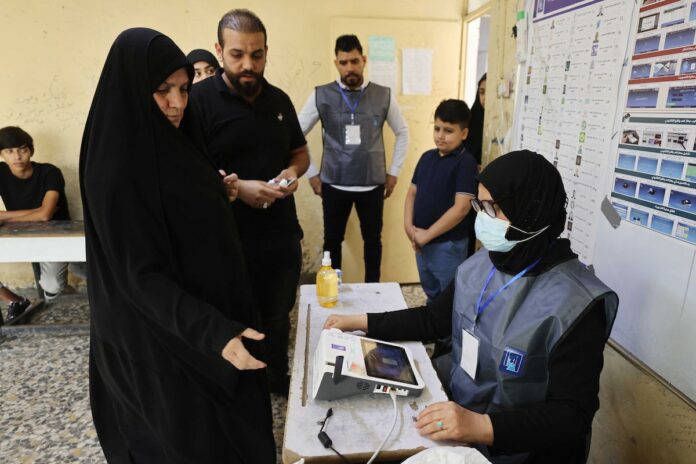Ali Hussein Sufih – Political advisor in the Department of Political Parties and Organizations Affairs.
Introduction:
Elections in all forms are one of the most important forms of political participation and democratic transformations in the world, and they are the main means for the peaceful deliberation of power, strengthening political participation, ensuring human rights and consolidating the principle of equal opportunities for all.
On this basis, elections were defined as (a process in which the voter chooses a person from several candidates to be his representative), and elections are considered a general right of citizens, and the authority does not deprive the citizen of exercising this right, as long as he meets the conditions of age, reason, honour considerations and others.
The stages of the electoral process in Iraq, include several procedures that the Independent High Electoral Commission implements, starting from the legal frameworks for electoral legislation and determining the form of the electoral system, through the preparation of the voter register, the registration of political parties and candidates, and the initiation of electoral campaigns, through the development of plans for them, which need detailed timetables for the electoral process.
The partners of the electoral process (electors, political parties, candidates and the media) should be familiar with the executive details of this process, to enhance the transparency and integrity of the elections and build bridges of confidence between the entity responsible for managing the elections and the partners of the electoral process, until polling day, deciding on appeals and electoral complaints, announcing the final results and ratifying them by the competent authorities.
Upon completion of the implementation of the electoral process, the Commission usually reviews and evaluates the stages of the electoral process, diagnoses strengths and weaknesses and develops treatments for them in preparation for the upcoming electoral entitlement.
International charters that stipulated the elections:
International standards for elections stem from the fundamental freedoms and political rights stipulated in international treaties, charters and conferences approved by most member states of the United Nations, and their affirmation of the right to participate in governance and management of public affairs with special reference to the role of elections in securing a base for governing authority. Among these charters are:
Universal Declaration of Human Rights (1948).
International Covenant on Civil and Political Rights (1966).
African Charter on Human and Peoples’ Rights (1981).
Cairo Declaration on Human Rights in Islam (1990).
Copenhagen Conference on Social Development (1995).
Arab Charter on Human Rights (2004).
African Charter on Democracy, Elections and Governance (2007).











